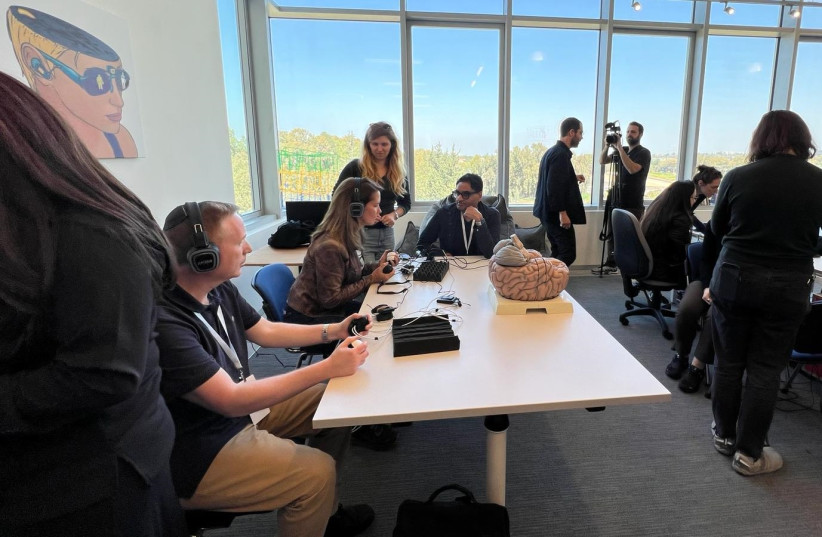On October 7, I was on vacation in France, planning to fly home the next day and return to Europe the following week to participate in two investor conferences. Since making aliyah in 2009, my work has involved helping Israeli technology companies find growth capital from foreign investors, or better yet, an “exit” to a foreign buyer. Thus, meeting investors at these events was a key element of this process. Given what seemed at the time like a real risk of escalation of the war, I was concerned that even if I flew home for “solidarity,” I might not be able to get a flight back to Europe for the conferences.
As Israel has historically depended on relationships with foreign investors and buyers interested in Israeli technology companies, I was concerned that these investments would diminish. I had to attend these conferences not only to meet with investors on behalf of our existing clients, but also to take the market’s temperature.
Since October 7, more than 80% of the start-ups in Israel reported suffering damage from the war, with over 50% of start-ups left with less than six months of cash. The number of angel investors dropped by 75% in 2023, and growth capital investing in Israeli companies was down 45% year-over-year in the fourth quarter of 2023 – and 32% year-over-year in the first quarter of 2024.
Period of uncertainty
At the conferences, the European investors I met with, who have for years profited from investing in Israeli tech reaffirmed they continuing investment in Israel – but investors new to the market were taking a “wait and see” attitude for which they could not be blamed. VC fund managers depend on their limited partners (LP), such as pension funds and endowments, and it would be hard for a fund manager to justify to their LPs a first-time investment into a war zone. It seemed that these co-investments were about to dry up.
After the conferences were over in mid-October, I was again faced with a dilemma – stay in Europe and continue meeting with investors or return home to volunteer with the many initiatives launched after the war began.

It was heartwarming to see a flood of donations by Jews abroad to Israeli charities such as UJA, Hatzalah, and others. However, without foreign investment, many start-ups that are at the heart of the Israeli economy would soon be forced to close their doors, putting thousands of brilliant minds out of work – adding to the daily stress of rocket attacks. As a client said at the time, “The most Zionist thing you can do right now is to bring money into Israel from foreign investors.”
For decades, growth capital for Israeli start-ups had been dominated by foreign venture capital (VC) funds. We realized we now needed to reach individual donors to offer them the opportunity to contribute to Israel through co-investment, not just charity.
Democratizing growth investing can help Israeli start-ups survive the war. To achieve this, we dramatically accelerated a project we had been working on, to provide investment opportunities into growth stage start-ups to “accredited” individual investors worldwide, allowing them to co-invest alongside Israel’s leading VC investors.
Launched in April this year, Catalyst Investors’ Club now allows growth-stage companies to access an entire group of well-off individual investors worldwide who have previously not had direct access to growth-stage technology deals. The first companies seeking investment are now live on the platform.
Democratizing access to growth capital has created an opportunity to fill in the gap left by institutional investors taking a “wait and see” attitude due to the war – and provides individual investors with the opportunity to do the most patriotic thing possible today – supporting Israel’s hi-tech economy through investment.
The writer is CEO of Cukierman & Co. Investment House.
